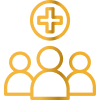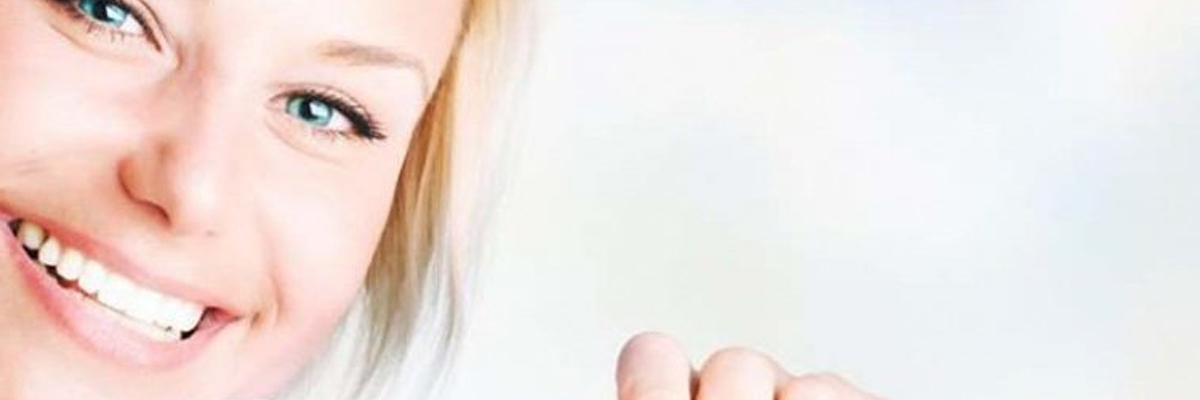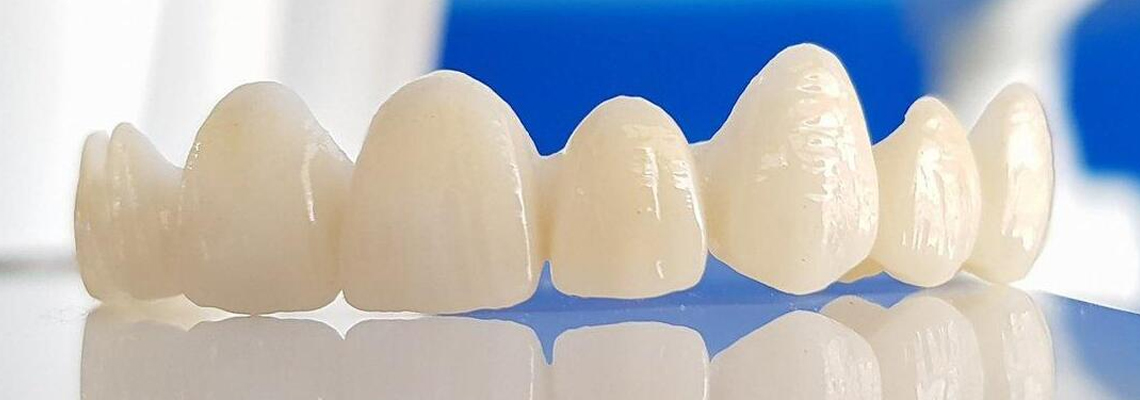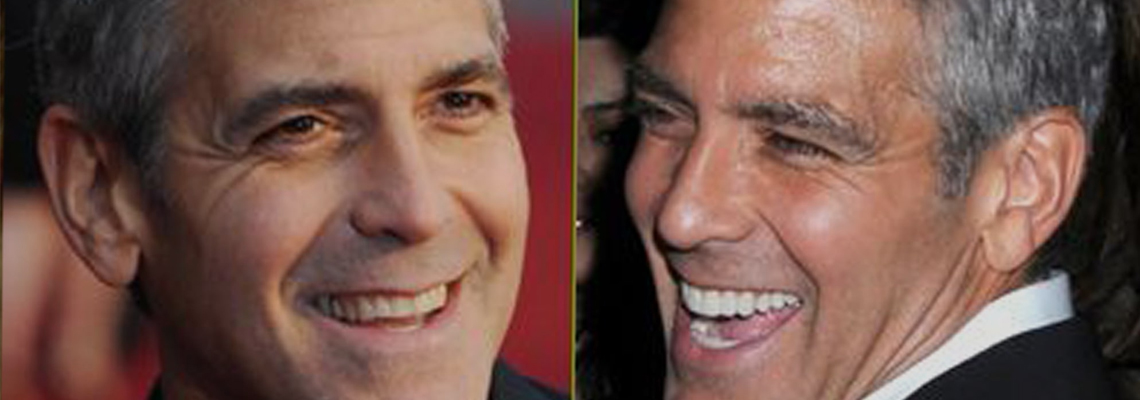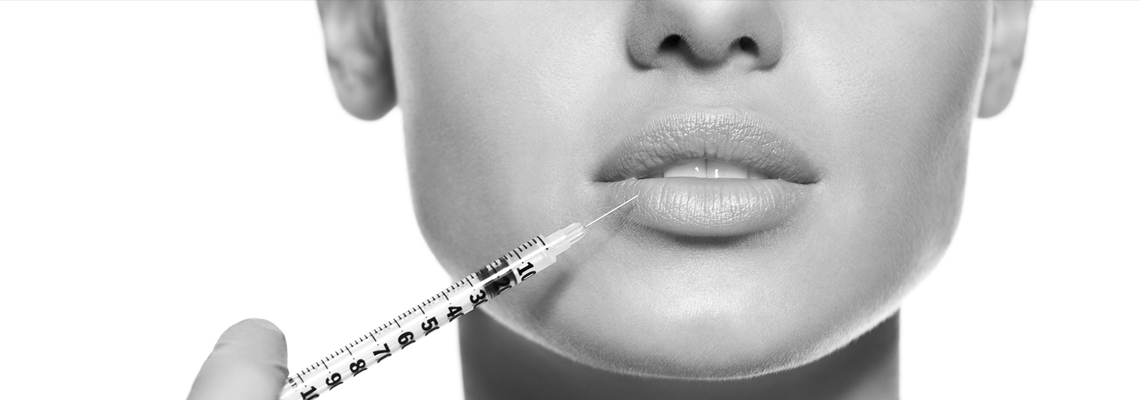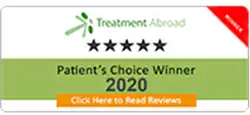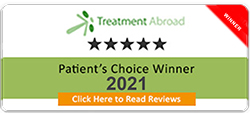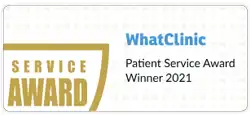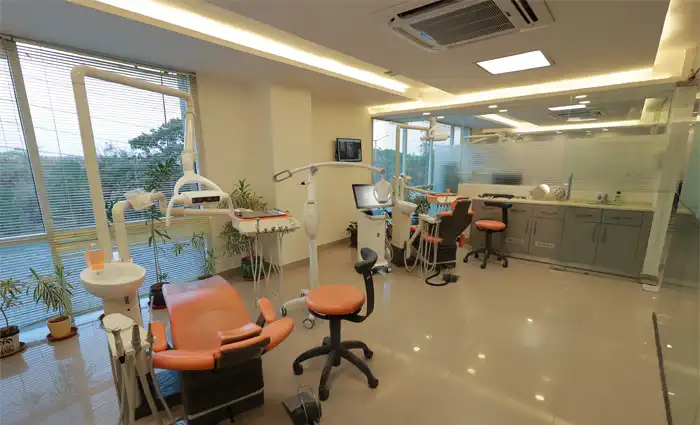When visiting the dentist for a procedure, if you get anxious, learn relaxation methods, like deep breathing. When you find something that works for you, do it both before, during (if possible) and after your appointment. It will help take the edge off.
Brush your teeth after each meal. If you let plaque and food remain on your teeth, it will cause a great deal of damage. Brushing your teeth within 15-30 minutes of any meals will help to lessen plaque damage. Long-term, this can prevent toothaches.
Do you have frequent bad breath and/or dry mouth? If so, the blame may be your prescription medicine. The medicine may cause you to have less saliva and more cavities. Talk with your physician to see if your chronic halitosis and dry mouth is due to the medicine you are currently taking. If this is the case, you may be able to switch medications. If you have to stick with the same one, there may be other ways to combat a dry mouth.
If your tooth gets knocked out, do not throw it away. Gently rinse the tooth off to cleanse it. If possible, try to put it back into the socket. If not, use milk to soak the tooth in and get to your dental office as soon as possible.
Brushing your teeth two times a day is required for good dental care. A morning brush removes bacteria from the night. As you eat all day, food residue builds up on your teeth, so you have to brush them at night.
It is important to brush your tongue, as well as your teeth. The tongue is as important as the teeth are. There are a lot of types of bacteria that live on your tongue. When you leave the bacterial there, it can get back on your teeth or result in bad breath.
If your child chews on his or her toothbrush, do not panic or scold. Chewing on a toothbrush can actually help clean the gap between the teeth. A child who chews on the toothbrush is attempting to becoming familiar with it; this will go a long way in promoting acceptance and good oral hygiene.
You probably think you are doing fine taking care of your teeth, but you can always do better. There are always things you may not know, and therefore, it’s good that you read this advice and now have the opportunity to use it. Begin now!


